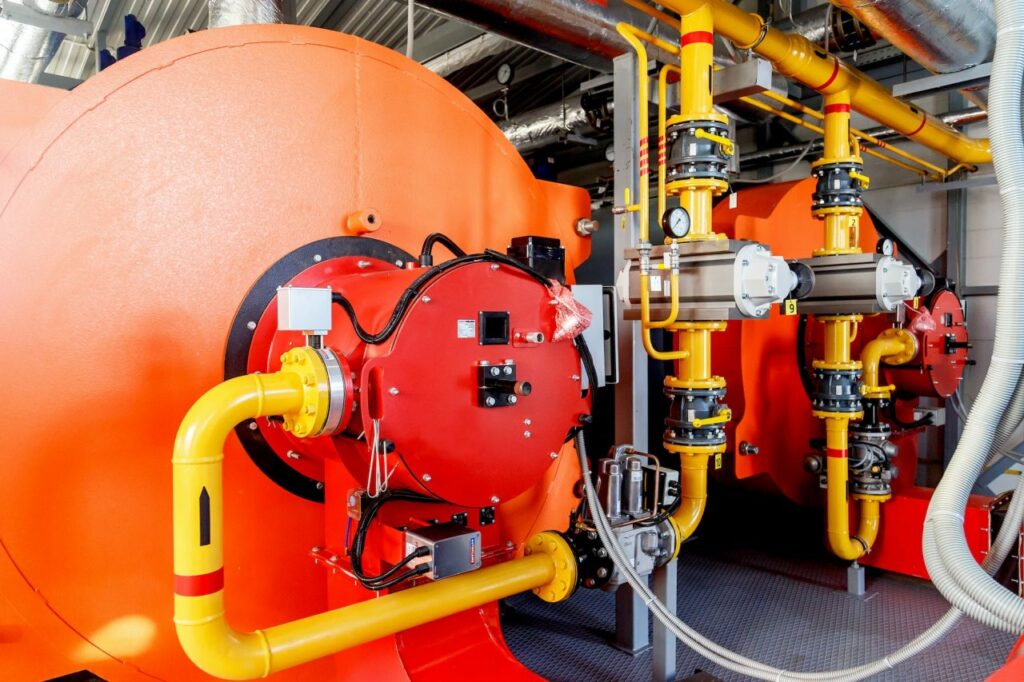At CareerBurner, we offer a wide range of industrial LPG gas burners that can operate on either LPG or natural gas. Our GX25 is designed to be adaptable to both fuel types, and we’re here to help you make an informed choice between LPG and natural gas.
Fuel Characteristics and Performance
LPG, or liquefied petroleum gas, has a high energy content. In our GX25, when using LPG, it can produce a very intense and hot flame. This makes it ideal for applications where rapid heating is required, such as in some metal-forging processes. LPG also has a relatively fast ignition time, allowing for quick start-up of the burner. Natural gas, on the other hand, has a lower energy density compared to LPG. However, it burns more cleanly, producing fewer emissions. In applications where environmental impact is a major concern, like in some food-processing plants, natural gas is a more suitable option. In our GX25, natural gas provides a more stable and consistent heat output, which is beneficial for processes that require precise temperature control.
Cost and Availability
The cost of LPG and natural gas varies by region. In some areas, LPG may be more expensive due to higher transportation and storage costs. LPG requires pressurized storage tanks, which can add to the overall cost. However, in regions where natural gas infrastructure is limited, LPG may be the more readily available option. Natural gas, in areas with well-developed pipeline networks, is often more cost-effective. The availability of these fuels also depends on local infrastructure. If your industrial facility is located in a remote area without access to natural gas pipelines, LPG may be the only viable option. Our GX25 can be configured to use either fuel, giving you the flexibility to choose based on cost and availability.
Environmental Impact
When burned, LPG produces fewer sulfur-based emissions compared to some other fuels. However, natural gas is known for its low-carbon combustion. In our GX25, both fuels are burned in a way that minimizes emissions. For LPG, our burners are designed with advanced combustion technology to ensure complete combustion, reducing the formation of harmful pollutants. For natural gas, the clean-burning nature is further enhanced by our burner design. Environmental regulations play a significant role in fuel selection. In areas with strict air-quality regulations, natural gas may be the preferred choice due to its lower emissions.
Conclusion
In conclusion, the choice between LPG and natural gas for CareerBurner’s industrial heating burners, such as the GX25, depends on several factors. Fuel characteristics, cost, availability, and environmental impact all need to be considered. We recommend that businesses evaluate their specific needs and circumstances. If you require rapid heating and LPG is more accessible and cost-effective in your area, it may be the right choice. However, if environmental concerns and stable, clean-burning heat are priorities, natural gas could be a better fit. Our team is available to assist you in making this important decision.




